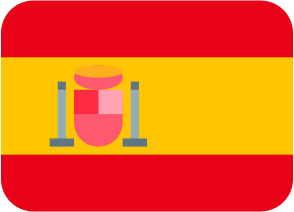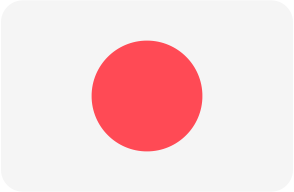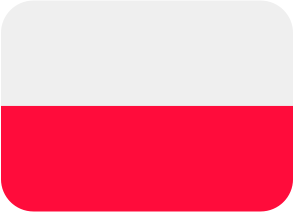Practical Ways to Avoid Small Debts and Prevent Debt Buildup
Hands-on budgeting, automated payments and quick-repayment habits to stop small debts from snowballing

Watch the little leaks before they sink your budget
Small charges add up faster than most people expect. Start by listing recurring subscriptions, streaming services and that $5 coffee habit; call out anything you barely use or can replace with a cheaper option.
Use your bank or a spending app to categorize transactions for 30 days. Seeing everything in one place makes it easy to cancel unused services and cut the petty spending that quietly builds into a debt problem.
Make a practical, no-fuss budget and buffer
Keep your budget simple: income, essentials, savings and a single “flex” line for small purchases. Allocate a tiny emergency buffer in checking so a surprise $50 or $100 expense doesn’t push you to swipe a card and rack up interest.
A $500 rainy-day fund prevents many small debts from ever forming. Automate transfers into savings right after payday so you pay yourself first and don’t rely on credit when something minor comes up.
Automate payments and use smart tools to stay on track
Set up autopay for recurring bills like utilities and phone so you avoid late fees and the cascade of penalties that create larger balances. For credit cards, autopay at least the minimum; better yet, schedule the full statement amount when possible.
Consider round-up features or apps that sweep spare change into savings and quick-pay tools that let you zero out small credit balances with a tap. Automation removes the friction that usually lets small debts linger and grow.
Pay down small balances immediately and plan follow-ups
When a small balance appears, tackle it right away rather than letting it age. Paying off a $40 balance now prevents interest and stops it from becoming a $100 problem next month, which is how debt snowballs.
Create a 30-day rule: any unplanned purchase over $25 either comes from an allocated flex fund or gets postponed. If you still use credit, transfer balances to a lower-rate option or set a weekly payment habit until the debt is cleared.
Reinforce habits and make debt avoidance automatic
Review subscriptions quarterly and adjust your budget every few months to match real life—pay increases, side gigs and changing priorities happen. Maintain one financial checklist: track bills, confirm autopay, and review balances.
Start small: commit to a 30-day trial of tracking and automating payments. Make that habit stick, and you’ll find small debts stop appearing — and when they do, they’re easy to pop before they grow. Start today and protect your credit and peace of mind.






























